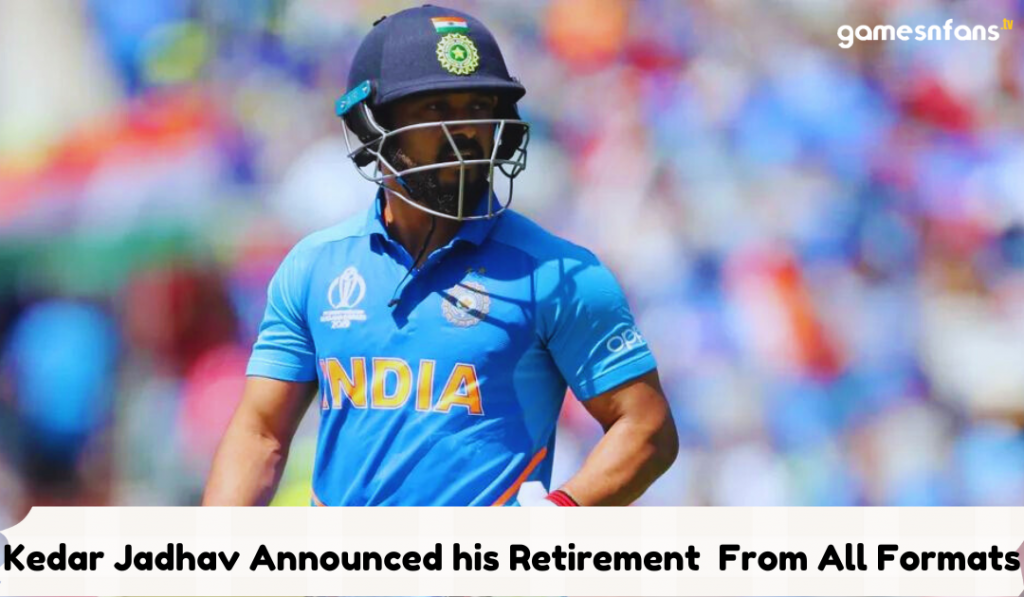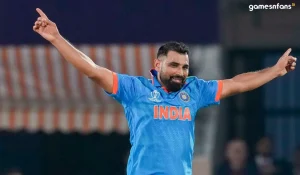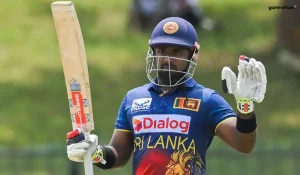Kedar Jadhav Annouced His Retirement From All Formats
2 min read
Kedar Jadhav announced his retirement from all cricket formats on Monday, following in the footsteps of MS Dhoni. With a very Dhoni-esque post on Instagram, Jadhav, who played for India in 122 T20Is and 73 ODIs between November 2014 and February 2020, said: “Thank you all for your love and support throughout my career from 1500 hrs. Please consider myself retired from cricket altogether.”
Jadhav made his debut for India in an ODI against Sri Lanka in Ranchi, under Virat Kohli’s captaincy. He last appeared for India against New Zealand in an ODI in Auckland. A few months later, Jadhav hits his first century for the Indian team in an ODI match against Zimbabwe. He finishes with 1389 runs at an average of 42.09, which includes two hundreds and six half-centuries. Two days after Dinesh Karthik retired, Jadhav announced his own.
But Jadhav’s most successful international innings came when he hit 120 off only 76 balls in Pune, India’s pursuit of a massive 351, against England. Even though he and Kohli shared a thrilling 200-run partnership and both struck brilliant hundreds, Jadhav’s effort was so good that it earned him the title of Player of the Match. He was also a member of India’s World Cup side that advanced to the semi-finals. Despite having a rather lackluster performance (80 runs in five innings), his fifty-two-run innings against the West Indies helped India overcome a deficit and secure victory.
Read More: Gautam Gambhir set to become the Indian Mens’ team Coach
Jadhav gained popularity during the 2013–14 Ranji Trophy, finishing as the season’s top run scorer with 1223 runs at an average of 87.35. With a peak of 204, this comprised two fifty years and six half-centuries. Maharashtra was driven to the final by Jadhav’s scorching form, but they were defeated by Karnataka. In addition, Jadhav participated in 93 IPL games and amassed 1196 runs. He played for the Delhi Capitals, Sunrisers Hyderabad, Chennai Super Kings, Kochi Tuskers Kerala (now defunct), and Royal Challengers Bengaluru.








